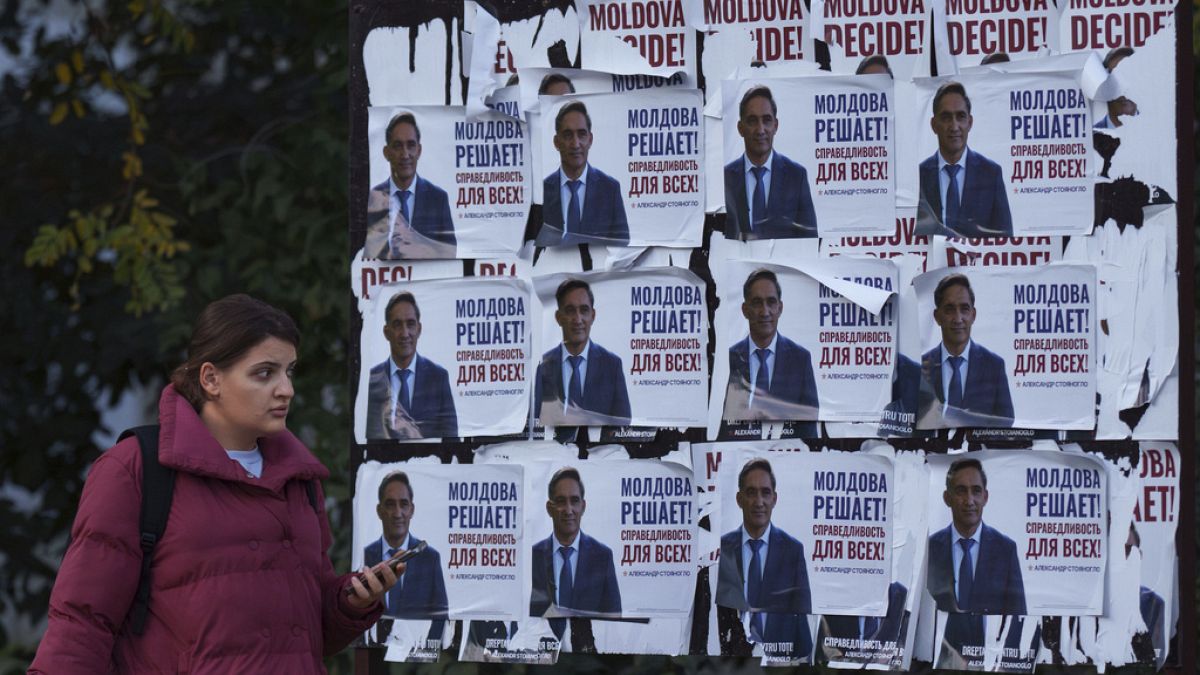In Moldova, the upcoming presidential elections on Sunday will see pro-European incumbent Maia Sandu facing off against challenger Alexandr Stoianoglo, who advocates for closer ties with Russia. Sandu led in the first round with 42% of the vote, but failed to secure an outright majority, while Stoianoglo, a Russia-friendly former prosecutor general, garnered 26%. The runoff election is seen as a choice between geopolitical opposites, with Sandu pushing for EU membership and closer ties with the West, while Stoianoglo leans towards strengthening relations with Russia.
In addition to the presidential race, Moldova also held a national referendum on securing a path towards EU membership, which passed by a razor-thin majority of 50.35%. However, the result was marred by allegations of a Moscow-backed vote-buying scheme. Authorities reported that exiled oligarch Ilan Shor orchestrated a fraudulent scheme, funneling around €35.8 million to over 130,000 voters through a Russian bank under international sanctions. Shor, who resides in Russia, denied any involvement in the wrongdoings, but suspicions remain.
The presence of Russian influence in Moldovan politics has raised concerns among candidates and voters alike. Ticu, a presidential candidate who supported Sandu in the runoff, warned of the potential consequences of Russian interference and highlighted the risks of Moldova’s occupation if Russian troops were to move to the port city of Odesa. In regions like Gagauzia, where EU support is low, reports of electoral coercion and bribery have surfaced, indicating a deeper systemic issue of corruption within the electoral process.
Despite the flaws and allegations of fraud in the recent elections, Moldova is facing pressing economic challenges, with high inflation rates and widespread poverty. Experts note that many Moldovans may succumb to electoral corruption in exchange for small sums of money. The upcoming 2025 parliamentary elections are also a cause for concern, as Moscow may intensify its efforts to sway the results in favor of pro-Russia factions, potentially threatening the current pro-Western government led by the Party of Action and Solidarity.
Overall, the political landscape in Moldova remains divided between pro-European and pro-Russian forces, with competing visions for the country’s future. The upcoming presidential runoff between Sandu and Stoianoglo will not only determine the direction of Moldova’s foreign policy but also test the resilience of its democratic institutions in the face of external pressures. With ongoing concerns about electoral corruption and foreign interference, the Moldovan people are at a critical juncture in shaping the country’s path forward.










